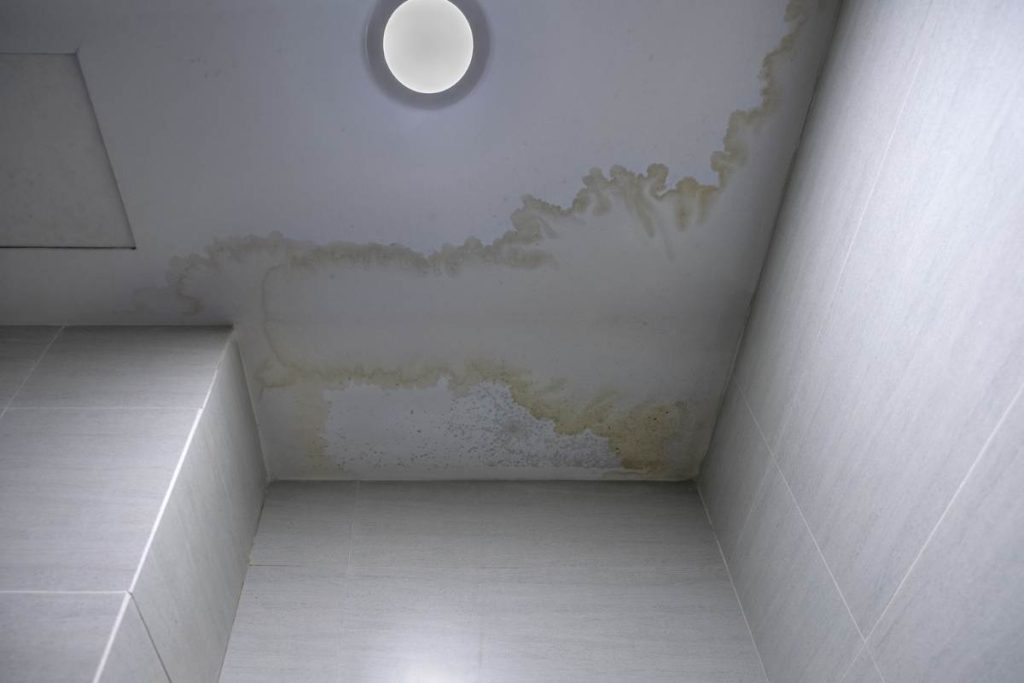Water makes up almost all of what we are and all that we do throughout the day. This is a lesson a lot of us have learned through life. However, it is not unknown that water sometimes comes with various contaminants that can render it harmful to use as it is.
Thus, it is important to use precise water testing equipment to realize the functionality of the water and whether it needs purification or not.
Water sampling can reveal important results that will help you realize if the water you are getting is even safe for the task you are about to do. This article helps you know the importance of sampling your water in detail.
Reasons To Sample Your Water
Tap water, well water, river water, and many other types of water flow we can access have various substances, chemicals, and contaminants that we sometimes do not know about because they are invisible to the naked eye.
Sampling the water can serve various purposes depending on how you wish to use the water and what you wish to observe. Here are some reasons to do so-
Health and Safety
The primary task of water sampling is to realize whether it is safe for our health or not. This is extremely important for drinking water that is supposed to go directly into our bodies.
Contaminated water can carry harmful microorganisms, chemicals, or heavy metals that pose significant health risks when ingested. Bacteria like E. coli and parasites such as Giardia can cause severe illnesses, leading to gastroenteric diseases and other related health issues.
You can keep yourself and those around you safer by sampling the water and testing it for the presence of any pathogens.
Regulatory Compliance
A strict water sampling policy often comes from regulatory compliance that needs you to perform this task as a safety measure. Sometimes, a region’s water sources are thoroughly sampled by municipalities to ensure the water is safe to use.
Regular tests on your end ensure that your water meets the legal requirements, safeguarding you from potential fines and legal complications.
Detection Of Contaminants
Water can accommodate all kinds of contaminants within it. For study purposes, these water samples can act as important ways to realize the workings of pesticides, heavy metals, nitrates, or volatile organic compounds within the liquid and how they can affect those who consume or use it.
Proper identification of these can contribute to scientific research, help develop cures, and prevent long-term health problems.
Quality Check
The water quality needs constant checks in various periods and has various standards of purity. Based on the purpose you need it for, the water will be tested against certain parameters to be deemed fit for consumption and use.
Water sampling allows for the quality check of water that is fit for drinking, bathing, washing, and more.
Environmental Protection
The workings of this effect are two-fold. The first is a water sampling attempt to realize the effect of man-made structures like factories and their wastes on the nearby water bodies.
The second is the observation of water pollutants in rivers, lakes, and groundwater so that the organisms that are sustained from these sources in forests and the bodies themselves do not face any harsh consequences.
This type of observation helps in environmental preservation to a large extent.
Real-estate Transaction
During real estate transactions, the water sampling of supply lines is important. Potential buyers need valid documentation or checks to ensure that the water supply is free from poisonous contaminants. Invest in a good water filtration system to further ensure safety and quality.
The sellers are required to produce successful water sampling results to convince the clients of the relevance of the space.
Conclusion
Water sampling is a persistent commitment to communities’ health, safety, and prosperity. This practice can save many lives and ensure the people around you can access safer water.
Not just this, when sampling is carried out for research purposes and on a larger scale, it contributes to society as a whole.











